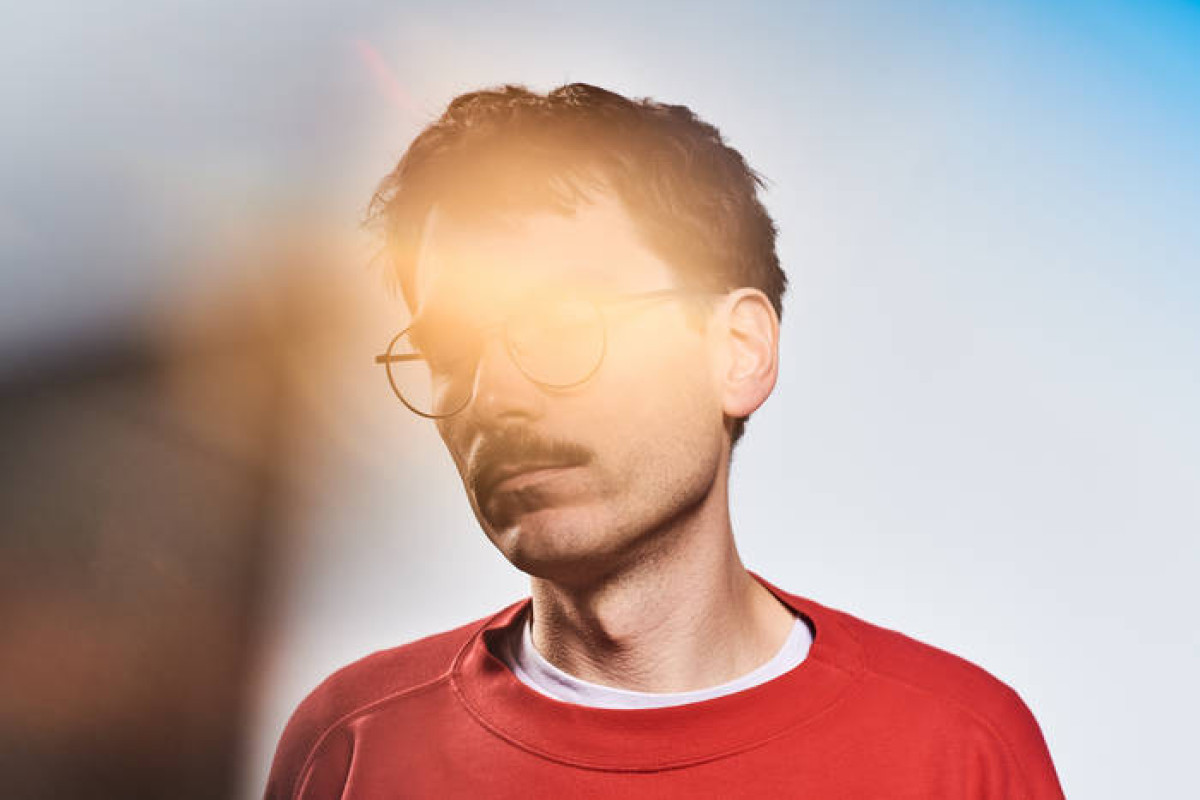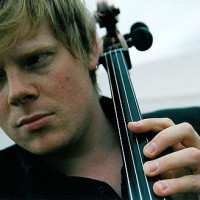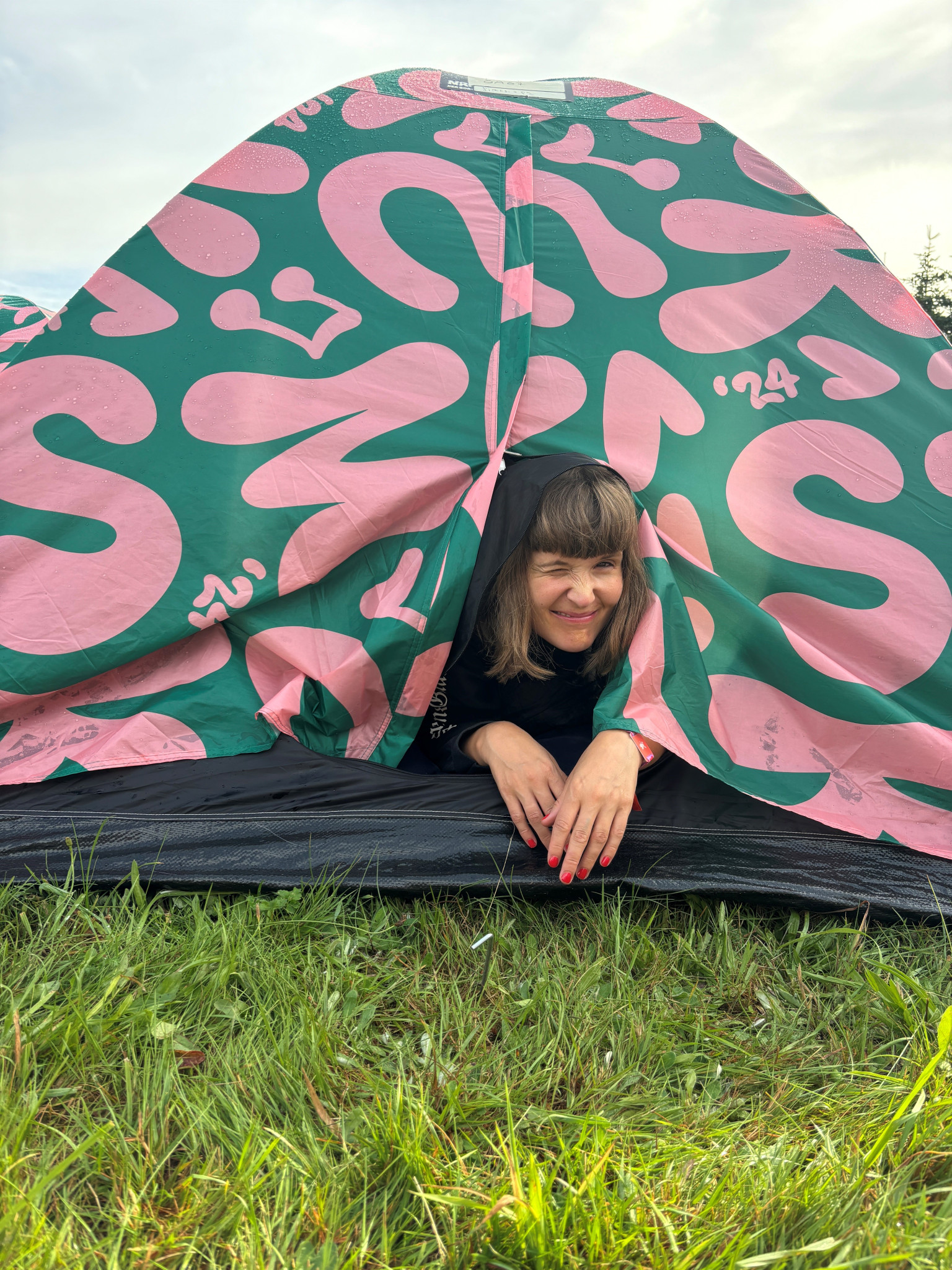Mit navn er Hilal Kaya – vil du se min playliste?

»Musik var ikke bare min vej ud i verden, men også ind i mig selv. Jeg havde en stille barndom, men musikken gav mig stemme og mod. Jeg har aldrig fået musikundervisning, jeg fandt min egen vej gennem lyde, følelser og nysgerrighed. Min musik er rodfæstet, men fri. Den bærer både på noget gammelt og noget søgende. Ofte ved jeg ikke præcis hvad jeg synger, jeg mærker det bare. Og måske er det nok…«
Hilal Kaya er en danskbaseret vokalist og sangskriver. Hun begyndte sin musikalske rejse i 2014 med en duet med Haluk Levent og vendte tilbage i 2018 med Kalaha efter en studiepause. Hun har markeret sig gennem samarbejder med Kalaha og Aarhus Jazz Orchestra. I dag optræder hun som Hilal Kaya med et stærkt orkester og blander anatolske rødder med elementer fra jazz, rock og roots. Hun bevæger sig frit mellem det traditionelle og det moderne.






